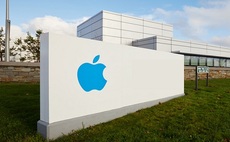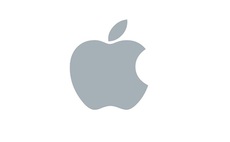The last 15 years at Apple have been nothing short of sensational, from the launch of the iPod music player to the popularity of the iPad. But what will happen to the company if the blockbuster products dry up?
When Computing published the analysis "The fall of the house of Apple", the hardware giant was close to its zenith. The iPhone 5 had just launched and the company was still struggling to keep up wi...
To continue reading this article...
Join Computing
- Unlimited access to real-time news, analysis and opinion from the technology industry
- Receive important and breaking news in our daily newsletter
- Be the first to hear about our events and awards programmes
- Join live member only interviews with IT leaders at the ‘IT Lounge’; your chance to ask your burning tech questions and have them answered
- Access to the Computing Delta hub providing market intelligence and research
- Receive our members-only newsletter with exclusive opinion pieces from senior IT Leaders




















